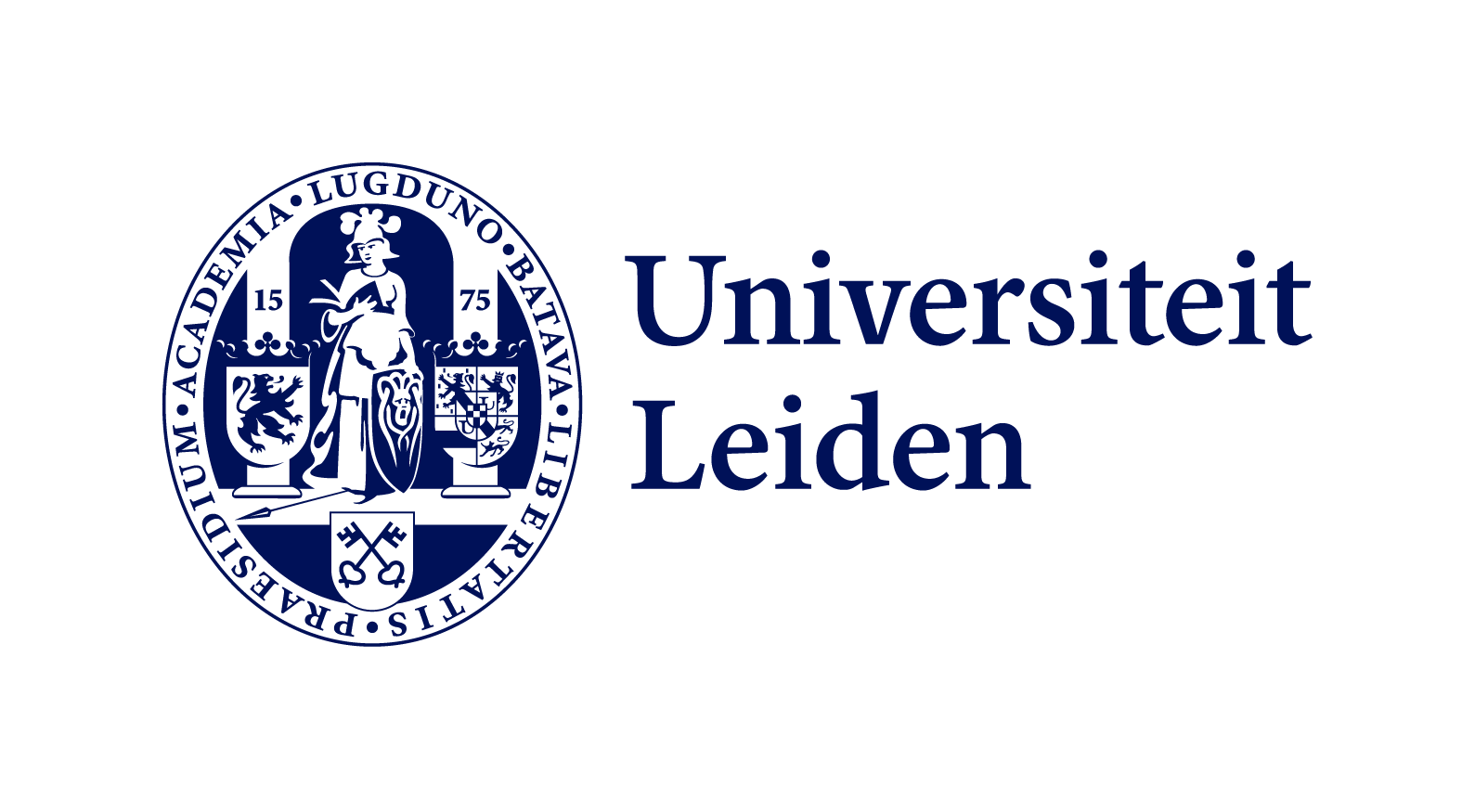The monetary valuation of water-related ecosystem services
Abstract
Ecosystems are vital for life on earth. They provide food and freshwater, sequester carbon, purify water, prevent soil erosion, and provide opportunities for recreation and tourism, amongst others. While ecosystems thus have concrete benefits for human society, these benefits are typically overlooked in policymaking. This is problematic because ecosystems – and thus the benefits that ecosystems provide – are under increasing pressure from human actions. The ecosystem services concept aims to better reflect the benefits of ecosystems for human well-being, such that the human impact on ecosystems can better be accounted for in policy and decision-making. As a tool to quantify ecosystem services, their value is often estimated in monetary terms. This thesis investigates whether this approach is valid in ecological terms: do monetary value estimates adequately reflect the ecological status of the ecosystem? Two sets of water-related services in two different types of regions have been investigated: water quantity-related services in global drylands (chapters 2 and 3) and water quality-related services in the Scheldt river basin (chapters 4 and 5). This thesis shows that the selected methodological approach to estimate the value of ecosystem services in monetary terms has a dominant impact on value estimates for water-related services, while the ecological status of the ecosystem is of minor importance. This finding casts doubts upon the validity of monetary valuation as a means to take the ecological status of ecosystems into account in public decisionmaking. For the ecosystem services concept to be truly of value for policy and decisionmaking, valuation methods need to be further improved such that they better account for the ecosystem’s ecological status. Specifically, this asks for a thorough exploration how the ecological status of the ecosystem can be better integrated in ecosystem services valuation.
